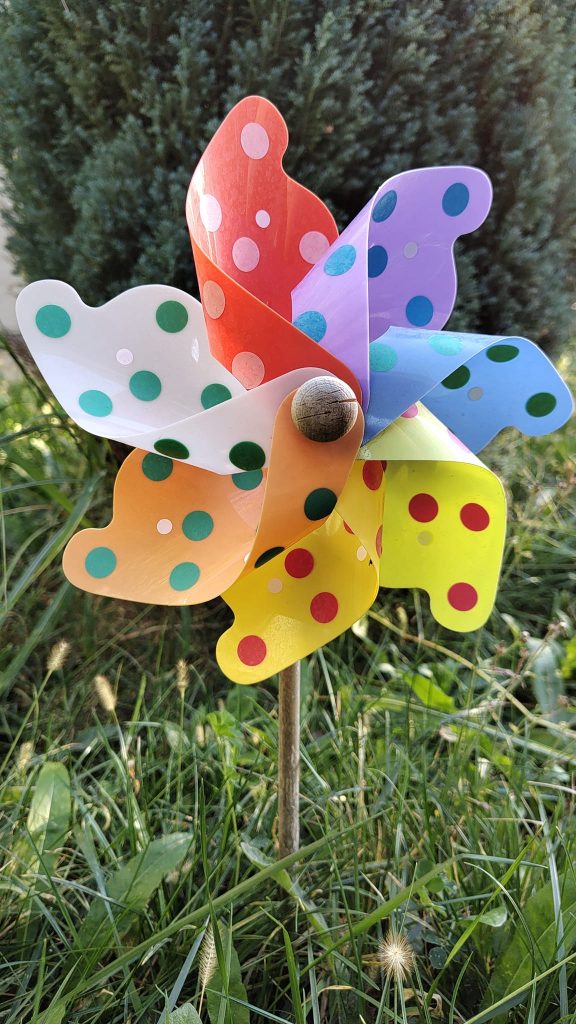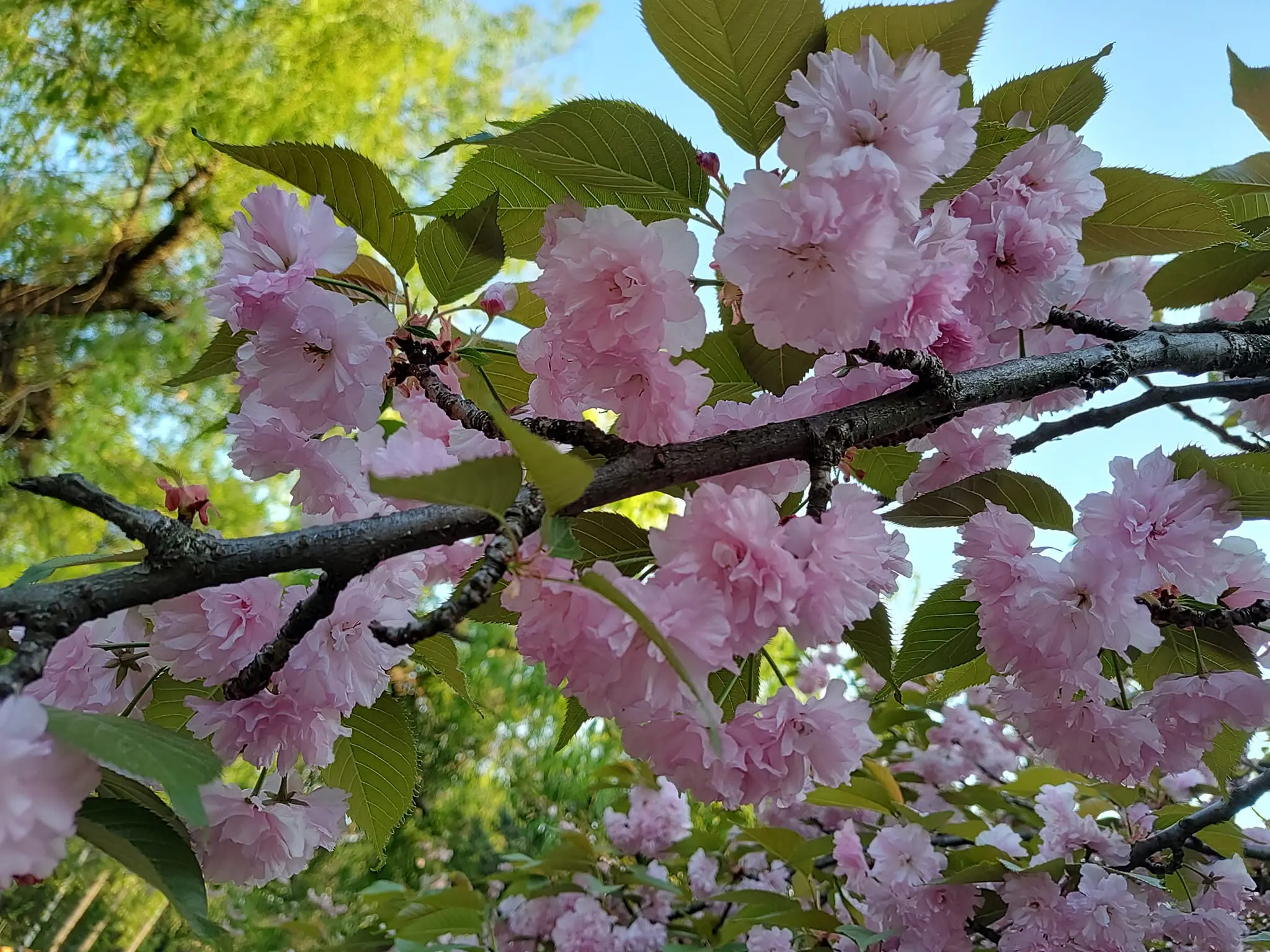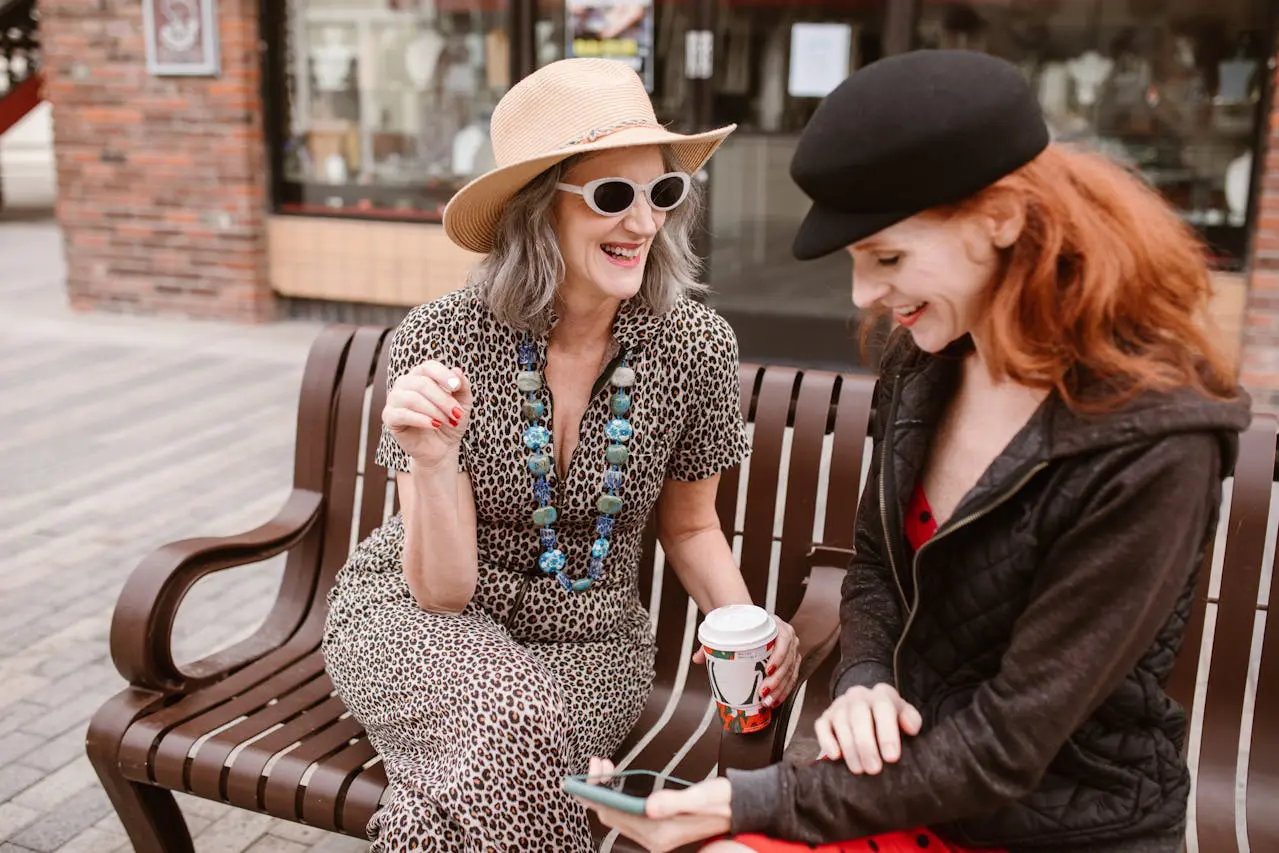Researchers are discovering that a few of the simplest psychological habits might be as powerful for longevity as diet plan and exercise.
Beyond diet and workouts, mindset and relationships– things like optimism, gratitude, a sense of purpose, social connection, and even awe– are linked to longer life and healthier aging. These practices are available, travel-friendly, and you can begin today. The research studies listed below (traditional and recent) show why they matter and how to put them into practice.
I have actually added, for each such easy practice, a connection to take a trip. So yes, each thing can be done during our trips (and, in truth, trips help too with our mental and basic well-being).

Your brain and body speak with each other continuously. Feelings and social ties shape tension hormonal agents, immune signaling, swelling, sleep, and heart health– the same
systems that influence for how long (and how well )we live. Decades of data now suggest that specific psychological habits predict lower mortality and better healthspan, frequently independent of exercise or weight-loss.
For example, a 2023 organized review in BMJ Mental Health discovered that favorable psychological well-being was consistently associated with lowered cardiovascular risk and much better long-lasting health outcomes.
This constructs on decades of information suggesting the brain– body connection isn’t simply metaphorical– it’s measurable in biomarkers like inflammation and cortisol.
1) Optimism: the mind’s “durability multiplier”

One of the most-cited papers on psychological well-being and lifespan found that individuals who score greater on optimism live 11– 15 % longer typically and are most likely to reach 85+, even after adjusting for health habits.
The research study pooled data from 2 long-running friends (Nurses’ Health Research Study; Normative Aging Study) with approximately 30 years of follow-up.
PubMed
“In both sexes, we discovered a dose-dependent association of higher optimism levels at standard with increased longevity.” (Lee et al., PNAS on PubMed)
Care: While optimism is related to longer life, it’s an association, not evidence of cause-and-effect. Structure optimism is safe to attempt, however it’s not an assurance of additional years.
How to construct it (5-minute routines):
- Finest Possible Self journaling (write a brief paragraph about your life going truly well 1– 3 years from now) a couple of times weekly.
- Reframe obstacles: search for a specific, changeable cause (“I was under-prepped this week”) instead of a global, irreversible one.
Travel tie-in: Trips naturally increase favorable expectancies– preparation, novelty, and immersion can prime an optimistic outlook that brings home (keep a short post-travel journal of “three good ideas I learnt more about myself on this journey”).
2) Appreciation: a small practice with outsized impacts
 < img src ="https://www.earthsattractions.com/wp-content/uploads/2025/09/cherryblossom.jpg"alt="stop and value little marvels durability practice" width="2048"height=" 1536"/ > Cherry blossom In a randomized trial, participants assigned to gratitude journaling( counting blessings )showed improvements in mood, coping, health habits, and subjective wellness compared to controls who tracked inconveniences or neutral events.
< img src ="https://www.earthsattractions.com/wp-content/uploads/2025/09/cherryblossom.jpg"alt="stop and value little marvels durability practice" width="2048"height=" 1536"/ > Cherry blossom In a randomized trial, participants assigned to gratitude journaling( counting blessings )showed improvements in mood, coping, health habits, and subjective wellness compared to controls who tracked inconveniences or neutral events.
Follow-ups and replications suggest gratitude supports better sleep, lower tension, and more prosocial behavior– all pertinent to healthy aging.
(PubMed
“The result of a grateful outlook on mental and physical well-being was taken a look at [with participants] arbitrarily designated … [to] thankfulness listing.” (Emmons & McCullough priced quote in PubMed)
How to construct it (3 minutes/day):
- Each night, list 3 specific things you’re grateful for (information beat generalities).
- Once a week, text a brief “gratitude note” to somebody who helped you (micro-connection + thankfulness = double benefit).
Travel tie-in: Thankfulness spikes with novelty and viewpoint. On trips, keep a “little marvels” list (one regional kindness, one flavor, one view). Back home, review it when tension increases.
3) Social connection: the closest thing to a behavioral vaccine

< img src=" https://www.earthsattractions.com/wp-content/uploads/2025/09/friends-terrace.jpg "alt="Wish to Live Longer? Research Studies Say These Psychological Habits May Assist( No Sweat Needed)"width ="1279" height= "853"/ > A landmark meta-analysis covering 148 studies(> 300,000 people)concluded that strong social relationships are connected with a significant reduction in mortality risk– an impact size equivalent to popular threat aspects (and bigger than some).
A later review found loneliness and social seclusion themselves raise mortality danger. In short: connection protects; isolation harms. (You can learn more on PLOS and see a PDF on miami.edu)
“The impact of social relationships on threat for death is comparable with reputable danger elements.” (Holt-Lunstad et al., PLOS Medication)
Caution: Social connection quality matters too. Harmful or draining pipes relationships don’t confer the exact same protective result as encouraging ones.
How to construct it (10 minutes that compound):
- Schedule a weekly standing call with a buddy or brother or sister (consistency beats intensity).
- Say yes to micro-socials: a next-door neighbor’s coffee, a book club, a strolling group.
Travel tie-in: Group travel, volunteer tourist, and local tours increase interactions and can cultivate long lasting connections– which, back home, lead to enhanced health over time.
4) Purpose and significance: the north star that keeps you going

Multiple longitudinal studies in older grownups show that having a purpose in life predicts lower all-cause death, even after changing for health status and anxiety. More recent work links a higher purpose to a decreased threat of cognitive disability and dementia. Purpose can originate from relationships, offering, faith, pastimes, work, or lifelong knowing– it’s not one-size-fits-all. (You can learn more about these research studies on PubMed: short article 1 and short article 2.)
A 2019 research study in JAMA Network Open followed nearly 7,000 older grownups and discovered those with a strong sense of purpose had a lower danger of dying over a 5-year duration, even after changing for depression and chronic illness. Purpose acts almost like a buffer– assisting people keep durability, healthier regimens, and better cognitive engagement with age. How to develop it (15 minutes this week):
- Write a function sentence (“I help X by doing Y because Z”).
- Block one weekly action that expresses it (tutor, mentor, garden for a neighbor, lead an image walk).
Travel tie-in: Purpose frequently surface areas when you’re out of your regimen. Consider voluntourism, heritage trips, or skills-based travel (e.g., photography workshops) that align with what matters to you.
5) Awe & wonder: the anti-inflammatory feeling
2 studies found that among positive feelings, awe was the greatest predictor of lower levels of IL-6, a pro-inflammatory cytokine linked to persistent illness.
Awe promotes self-transcendence and connectedness, which might explain downstream health results. Nature, art, music, and travel are reputable awe engines. (You can read the total information on PubMed and Greater Good Science Center.)
How to build it (5 minutes today):

- Look for”awe walks”– brief, sluggish walks where you intentionally try to find vastness or novelty(skylines, trees, architecture).
- Create an awe album from trips– revisit when you feel jaded; it reliably rekindles the state.
Travel tie-in: New landscapes, spiritual websites, unanticipated street performances– travel is a repeatable procedure for wonder. Consider preparing micro-adventures locally between big journeys.
6) Vacations & healing: tension off-ramp, heart on-ramp

Classic public health(Framingham-adjacent analyses and other associates)recommends that more frequent holidays in midlife are associated with lower threat of all-cause and coronary death in men at high cardiovascular danger. Did I discuss just how much I love to take a trip?
While vacation research studies can’t remove every confounder, the trend reinforces the worth of removing from persistent stress and reconnecting– both powerful durability levers. (see the total pdf here)
Care: Trip research studies are observational and might reflect other way of life benefits (income, healthcare access, standard health). Still, healing and detachment from tension seem broadly useful.
How to construct it (even if you’re hectic):
- Set up mini-breaks (long weekends) quarterly.
- Combine connection + wonder: visit a pal in a city with a fantastic museum or park; take a dawn photo walk; book a small-group food tour.
Put it together: a low-effort weekly “durability mental physical fitness” plan
Daily (≤ 5 minutes):
- 3-item appreciation list in the evening.
- 1-min Best Possible Self note every other early morning (optimism).
2 × each week (10– 20 minutes):
- Awe walk or mini-nature break; add one art stop (gallery, live music).
- Social touchpoint: call/text a friend or set a coffee.
Regular monthly:
- Function checkpoint: What did I do this month that served my function? What’s one next micro-action?
Quarterly:
- Healing weekend or short journey that foregrounds connection, novelty, and wonder.
frequently asked question Do these habits help if I currently workout and eat well?Yes. Lots of results continue after adjusting for health habits– these are additive levers.
Isn’t this simply “delighted people live longer”?
Not precisely. Randomized appreciation trials and longitudinal analyses suggest specific psychological practices anticipate better outcomes– plus, mechanisms involve inflammation, stress, and sleep.
What’s the one habit to begin if I’m overwhelmed?Begin with the 3-item appreciation list(takes ~ 2 minutes)and set a weekly social call. Tiny, constant actions compound. Can travel itself extend life?Not straight proven
, however epidemiological information suggest
travel supports much of these habits at once: novelty triggers wonder, travel plans motivate optimism, and journeys cultivate social connection. A Finnish cohort research study(released in Journal of Nutrition, Health & Aging, 2019) found guys who vacationed more regularly had lower cardiovascular death. Disclaimer This short article highlights research studies on mental practices, travel, and healthy aging that
I discovered compelling, but it is not medical suggestions. Everyone’s health circumstance is unique. For assistance on mental health, longevity, or medical conditions, please speak with a qualified health care specialist. Photo sources: included picture and the image with the 2 females More incredible articles for you:

